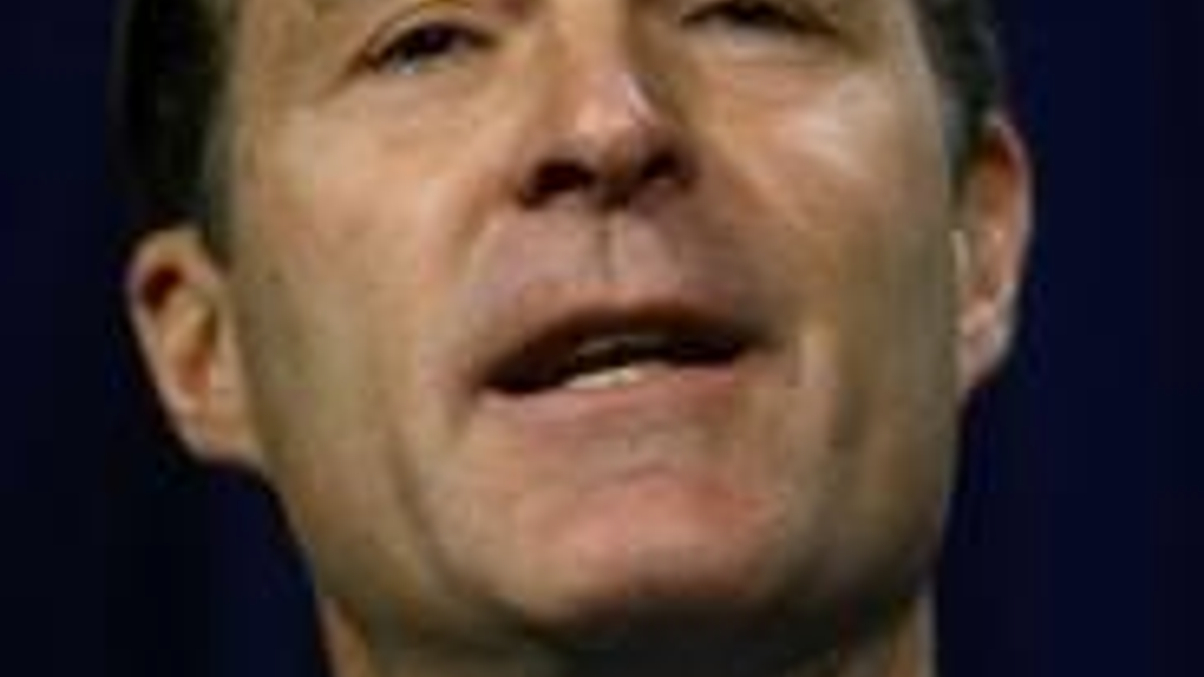Former US Senator paints debt-ceiling pictures
The US won't default but there may be trading opportunities created around the possibility of Congress initially vetoing a raise in America’s debt level, says Evan Bayh, former US Democratic senator for Indiana.

“Investors can relax,” says Evan Bayh, former US Senator for Indiana, at a luncheon sponsored by the Asia Society. He says the United States Congress will vote to raise the federal debt ceiling in the first week of August, but the process he describes is likely to frighten investors, even if the final outcome is the right one.
Sign in to read on!
Registered users get 2 free articles in 30 days.
Subscribers have full unlimited access to AsianInvestor
Not signed up? New users get 2 free articles per month, plus a 7-day unlimited free trial.
¬ Haymarket Media Limited. All rights reserved.


